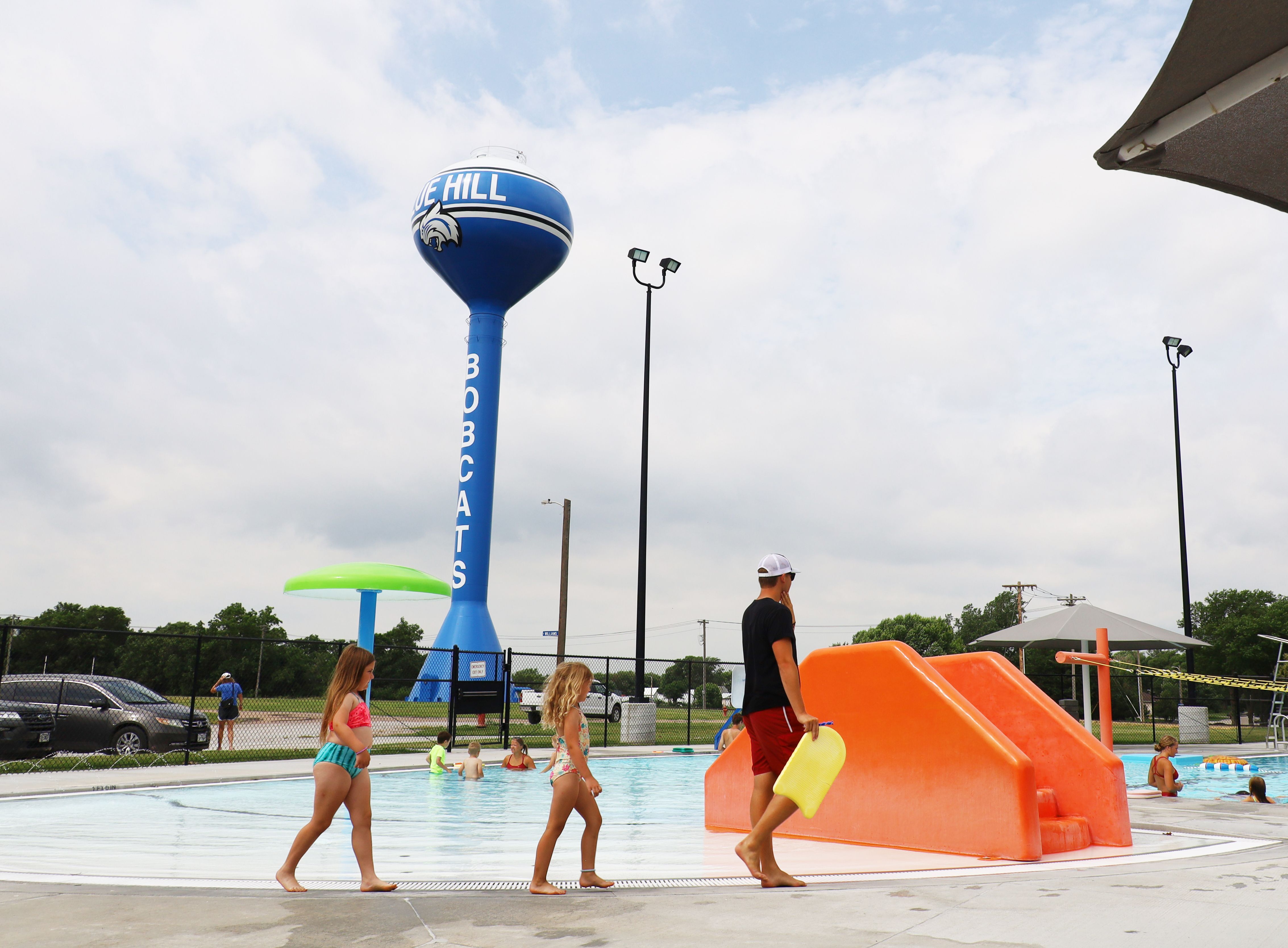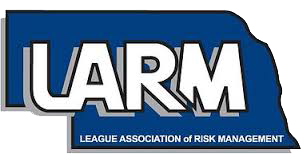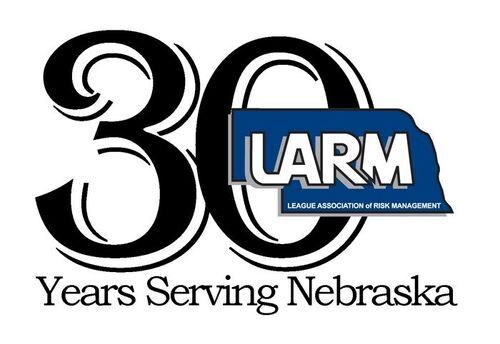
Hot weather means swimming pools are gearing up for summer crowds. Pools are opening up across the state next month, with hundreds of kids expected to take swimming lessons. When lessons are conducted under the municipality's authority, and the instructor is compensated as a municipal employee (even if at a rate differing from their standard duties), liability coverage provided by the League Association of Risk Management (LARM) remains effective. LARM encourages municipalities, when possible, to choose this option (making sure that policies and job descriptions are updated if needed). Sometimes, individuals will want to make extra money by giving private swimming lessons. Here are some frequently asked questions concerning private instructors:
- Does the village/city liability insurance cover a private instructor for when he or she gives lessons on their own time at a city-owned facility? No.
- Does the private instructor need to purchase their own liability insurance for private lessons even if they also teach swimming lessons for the village/city? Yes. Since they are receiving the money for teaching lessons on their own time, they need to purchase their own insurance. It’s the same for a group that is giving a baseball camp at the city-owned ball fields or organizing a 5K on a city-owned trail.
- What type of insurance policy should a private instructor provide proof of for the village/city? They need to provide proof that they’ve purchased a Comprehensive/Commercial General Liability Insurance with a combined single limit of at least $1,000,000 each occurrence for bodily injury and property damage. The city/village should be added as an additional insured on the policy concerning private lessons given at the city-owned pool.
- Should there be a written agreement between the private instructor and the village/city? Yes. LARM provides a template that can be used as a written agreement between the private instructor and the Village/City that covers when the pool can be used for private lesson; what fees the instructor needs to pay the city for use of the pool; rules and regulations that need to be adhered to; and the conditions under which the private instructor can no longer provide lessons at the pool.
- Isn’t the purchase of liability insurance too much to ask of a young instructor? No. Unfortunately, swimming accidents happen. A child can slip and break his arm poolside or lose consciousness underwater. Accidents happen all the time under the close supervision of lifeguards. In April, 2017 the State of Hawaii legislature voted to not provide liability protection for county lifeguards any longer because of the risks involved. If an instructor is old enough to have the responsibility of teaching someone how to swim, especially in depths of 10 feet and more, they are responsible enough to purchase liability insurance.
- How often should the private instructor provide proof of insurance and an agreement to the Village/City? Annually. The instructor asking to provide the private lessons on city property should ideally contact officials no later than April 1 and provide the required form and insurance by May 1 of each year.
- What if an instructor is providing private lessons on their own time and has not contacted city officials? If it is obvious that someone is giving swimming lessons at a village/city-owned pool, they need to be approached and asked if they are doing so for payment. If they are and have not filled out the required form and provided proof of insurance, they must stop immediately. After submitting the necessary documents and being approved, they can resume swimming instruction.
For more information about private instructors using city/village-owned facilities contact LARM at 402-742-2600.


